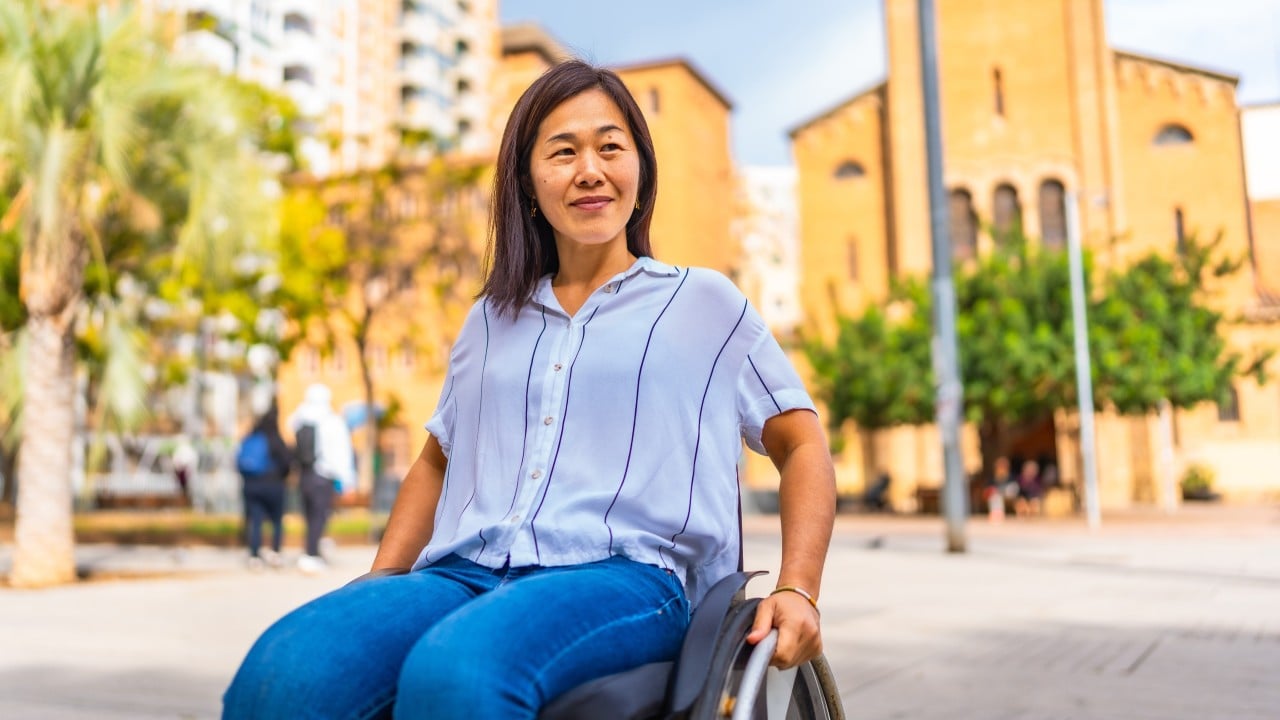
While working with children with cancer and other blood diseases as a graduate school student in the United States, Maria Sirois wondered why some families grew stronger and closer as they rallied against severe illness.
Watching their stories unfold inspired her to learn more about why some of us develop resilience while others fall to pieces.
Today, Sirois is a leading expert in positive psychology and resilience. She helps businesses, community groups, leaders and others to navigate challenges big and small, and works with families dealing with grief and recovering from loss.
“Most people want to learn how to be more resilient, and to deal with upheaval, change and anything else that may bring stress,” says Sirois, who recently released a new book, The Generous Exchange: How Attention to Beauty, Goodness and Excellence Restores Us and Our World.
“I help them figure out how to tap into the best of themselves while managing the difficulties they face.”
Resilience requires a change of mindset
Resilience is the ability to adapt to difficult times. It requires flexibility – in our thinking, our perspective, our emotions and our approaches. More than just “bouncing back” to our old lives, it is about bouncing “forward” to grow to meet future challenges.